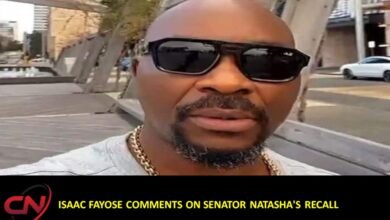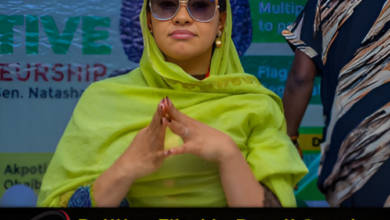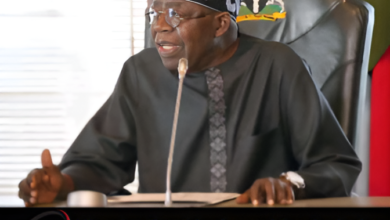“Hoisting Foreign Flags is Not a Criminal Offense in Nigeria” – Femi Falana

It’s Not a Criminal Offence to Hoist Foreign Flags” – Femi Falana
Advertisements
In recent weeks, a wave of public debate has followed the government’s actions against minors involved in the #EndBadGovernance protests. These young people took to the streets in August, asking for changes in leadership and hoisting Russian flags as symbols. While their message caught the nation’s attention, the government’s reaction — arresting and charging the minors with treason — sparked national concern.

Human rights lawyer Femi Falana, speaking on Channels Television’s Politics Today, has questioned the government’s approach. He pointed out that displaying foreign flags is a common practice in Nigeria and is not illegal. “It is not a criminal offence in Nigeria to raise any country’s flag,” Falana explained, drawing comparisons with hotels and churches across the country. “Any hotel hoists the flag of the United States, United Kingdom because they want to look international,” he noted. Many Nigerian churches also display the Israeli flag, despite the common misconception that Israel is a Christian nation.
In a broader sense, Falana’s argument highlights a legal and cultural gap. While hoisting flags may seem politically charged, it’s often just a symbol. The lawyer believes that the government’s energy would be better spent addressing the underlying grievances that led the protesters to the streets in the first place.

When asked about the protesters’ calls for President Bola Tinubu’s removal, Falana clarified that such demands do not necessarily amount to treason. “If a democratically elected government is asked to leave office, you might say they are expressing their views,” he said. Rather than responding with force, Falana suggested that the government could acknowledge the people’s concerns and work on solutions to the issues they’ve raised.

In the end, the case was dropped, with the Tinubu administration citing “humanitarian grounds.” However, the incident raises questions about Nigeria’s approach to youth dissent and peaceful protest. In Falana’s view, both the government and citizens should remember that voicing opinions — even through the display of symbols like flags — is part of a healthy democracy. Instead of seeing such actions as threats, authorities can see them as opportunities to engage with the people they serve, ensuring the country remains united and just for all.
“Real Change Takes Time” Tinubu Urges Patience in Addressing Nigeria’s Hardships









